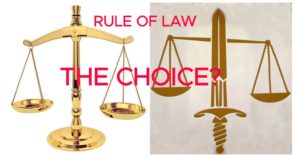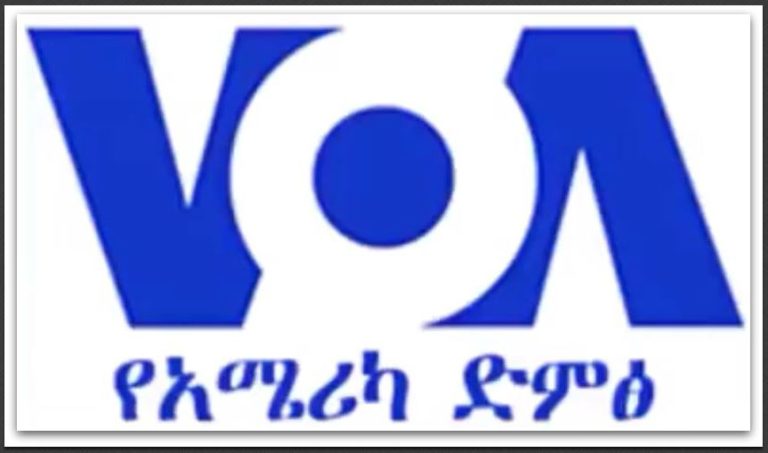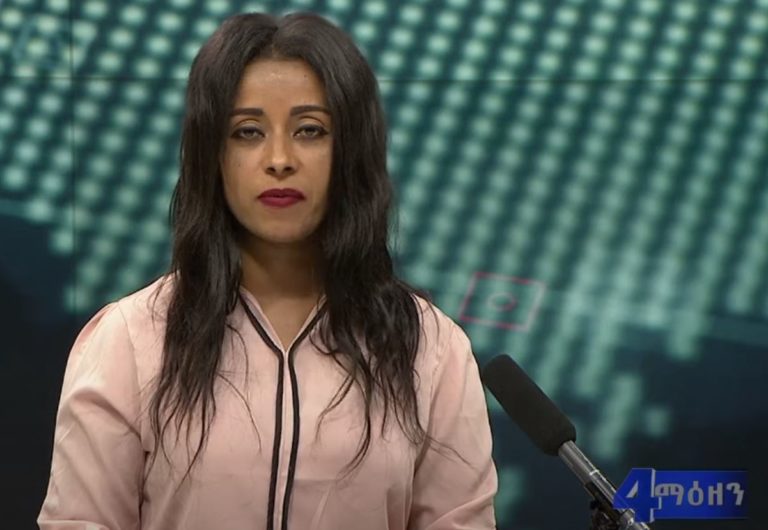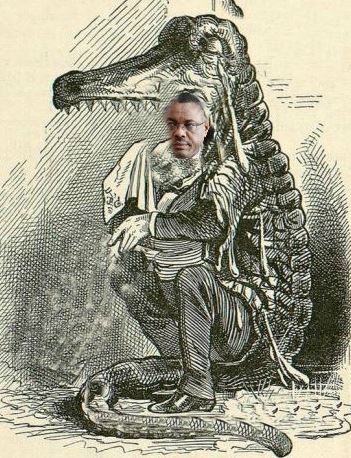“No Heroes in Ethiopia Today”?! Only Crybabies and Villains?
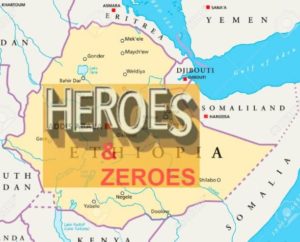 “No heroes in Ethiopia today.”
“No heroes in Ethiopia today.”
Last week, on International Women’s Day, H.E. Prime Minister Dr. Abiy Ahmed made a stunning assertion: “Ethiopia has no heroes today.”
The fact that he made the bold statement before a gathering of women leaders was even more searing and ironically begged the question, “If Ethiopia does not have heroes, does that mean or imply Ethiopia has only heroines?”
His concluding remarks left no doubts in my mind that he sees Ethiopia’s destiny in the hands of its heroines.
Here is my translation of what he said (forward clip to 6:35-9:00):
Although Ethiopia has been called the land of jegnoch (home of heroes), today she has a massive shortage of heroes (jegnoch). In Ethiopia there are no heroes. Only mob (herd) followers. In Ethiopia, there are those who will engage in the usual customary practice of mudslinging (insults), the usual customary practice of killing, the usual customary practice of stealing and the usual customary practice of oppressing. But there are few who will oppose this mob mentality and declare it is an absolute shame to steal; it is an absolute shame to harm your brother; brother hating his brother is disgraceful. Ethiopia does not have heroes (jegnoch) who say it is a disgrace for the Tigrean to mistreat the Amharan, the Amharan to mistreat the Oromo, the Oromo to mistreat the one from Debub (South).
What Ethiopia has people who say, “Get ready. Arm yourself. Kill. These are people who inherit and repeat past mistakes. They cannot be called heroes (jegnoch). Real heroes are those who stand up amidst turmoil and conflict and bear the truth.
To fill this hero gap (deficit) as you celebrate March 8th, we should have heroines from Tigray go heroically to Bahr Dar and ask, “Is it not a disgrace for brother to kill brother?”. That is what is called the heroism of women. When heroes travel from Bahir Dar to Mekele, when heroes travel from to Jijiga and to Afar and challenge and stop the confused thinking, even though you may not have any cheer leaders to support you, and heroically confront them, then Ethiopia deserves to be called land (home) of jegnoch (heroes).
Following the mob (herd) does not a hero make. What makes a hero is standing for the truth. This task is appropriate for women because they are pillars, towers and givers. As you think of this day (Women’s Day), and so that others may remember their responsibilities and speak of their country’s honor and unity, I ask you with deep humility, as you continue with your work, to focus on peace and unity, love and reconciliation. (Applause)
The Greek word “hero” means “protector” or “defender”.
To the ancient Greeks, the hero was a mortal who performed a superhuman act which left an immortal memory elevating him to the status of the gods.
The “hero” in the Western tradition came to symbolize the vast possibilities human endeavors and achievements. Today, we regard those who stand for justice, equality and fairness as heroes. Those who sacrifice their lives for their country and put their lives at risk for the safety of others are also lionized as heroes.
In my view, anyone can become a hero so long as they perform heroic acts and deeds in the greater interest of the public good or humankind.
No heroes in Ethiopia…
Ouch, ouch, ouch…! Wechew gud!
PM Abiy’s statement stung some of us like a bee, and others like a wasp.
What did he really mean by his challenging and provocative assertion?
Right off the bat, my answer to PM Abiy’s assertion is that Ethiopia has heroes.
Just not the kind heroes and sheros is talking about.
I know of tens of thousands of heroes and sheros in every category.
They are called “ye dil atbiya jegnoch” (heroes and sheros who show up on the eve of victory and take credit for the battle won.)
I wrote about one group of ye dil atbiya jegnoch in December 2017 when I called for an
end to the deceptive intellectual culture of being a hero on the eve of victory (ye dil atbiya arbegna). The suffering Ethiopian people do not want fair-weather intellectuals who show up when the coast is clear, and the enemy has left the shores. They need intellectuals who are willing, able and ready to be the tip of the intellectual spear in fighting and defeating the ethnic apartheid T-TPLF regime today.
But what is an Ethiopian jegna (hero, shero)?
According to one author,
Jegna [hero] (Jegnoch, plural form) is an Amharic word describing those special people who have (1) been tested in struggle or battle (2) demonstrated extraordinary and unusual fearlessness, (3) shown determination and courage in protecting her/her peoples, land and culture, (4) shown diligence and dedication to our people, (5) produced an exceptionally high quality of work, and (6) have dedicated themselves to the protection, defense, nurturance and development of our young by advancing our people, place, and culture.
PM Abiy conception of a hero (jegna) appears to conform to the foregoing definition.
PM Abiy says a true hero does not kill his brother. A true hero is not a hater. A true hero stands on principle and has integrity. A true hero speaks the truth. A true hero brings people together, builds consensus and achieves reconciliation. A real hero works for peace, unity, love and reconciliation.
By these standards, I am afraid PM Abiy is right.
There are mighty, mighty few jegnoch in Ethiopia.
I can only imagine how much PM Abiy had to search for jegnoch in Ethiopia before making a statement that could ruffle the feathers of a few make-believe hero and sheros.
Perhaps he did a search like the ancient Greek philosopher Diogenes, who walked in a crowded market at high noon with a torchlight in hand looking to find an honest man.
Did PM Abiy have a Diogen-esque moment in Ethiopia looking for a jegna?
Did he scour the nine Ethiopian “kilils” (similar to apartheid Bantustans) and three chartered cities before he declared, “Ethiopia has no heroes”?
Did he set out to interview the leaders and members of the Oromo Democratic Party, Amhara Democratic Party, Tigray People’s Liberation Front, Southern Ethiopian People’s Democratic Party, Ethiopian Somali People’s Democratic Party, Arena Party, Oromo Liberation Front, Amhara Democratic Movement, Afar National Democratic, Harari People’s Democratic Party, Benishagul-Gumuz Democratic Party, Arbegnoch Ginbot 7 Movement…?
I do not know.
But PM Abiy is certain that unlike us today, the Ethiopia of our forefathers and foremothers had true heroes.
In search of… Where have all of Ethiopia’s heroes (jegnoch) gone?
If there are no heroes in Ethiopia today, then where have they all gone? Who has taken their place?
Are Ethiopia’s heroes dead and gone never to return?
Did they abandon the hero stage for Ethiopia’s sheros because they can’t handle the heat of being heros?
For years, I too have searched for Ethiopian heroes and sheros (jegnoch).
It was a futile search. “Could they be hiding, waiting just for the right moment to reveal themselves?”, I wondered from time to time.
My view on “heroes”, “sheros” and “heroism” is straightforward: Those who have favored positions in society have a moral obligation to perform heroic acts and serve the greater common good. To whom much is given, much is expected.
I believe the educated members of Ethiopian society are the tip of the spear in leading social change and coming up with new ideas to make things better. But where have Ethiopia’s intellectual heroes and sheros gone today and why are they silent as a church mouse?
I believe Ethiopia’s business wo/men and entrepreneurs have the obligation to lead Ethiopia into an era of prosperity. But where have Ethiopia’s business and entrepreneurial heroes and sheros gone today and why are they draining the country’s resources for self-aggrandizement?
I believe Ethiopia’s political leaders have a duty to work in common cause to bring peace, reconciliation and good governance. But where have Ethiopia’s political heroes sheros gone today and why are they not working with good will and in good faith to bring peace and reconciliation to a society riven by ethnic and sectarian antagonisms?
I believe Ethiopia’s faith and religious leaders should elevate the spiritual life of the nation by preaching, teaching and practicing truth, forgiveness and reconciliation. But where have Ethiopia’s faith heroes and sheros gone today and why are they not working day and night to bring reconciliation and harmony to a society beset by violence, hatred, distrust and animosity?
I believe Ethiopia’s journalists should be the eyes and ears of the society and provide accurate and factual information. But where have Ethiopia’s journalists heroes and sheros today and why are they not informing and elevating the public’s capacity to critically understand issues? Why are they fanning the flames of discord and strife? Why do they do tabloid journalism, spread fake news and disinformation?
I believe Ethiopia’s heroes and sheros in literature, music, art and sport command the cultural life of the nation. But where have Ethiopia’s cultural heroes and sheros gone today and why are they not working together to bring the diversity of traditions, customs and practices of the Ethiopian people to promote greater understanding and unity?
Ethiopia’s young people are indeed Ethiopia’s future of any country. But where have Ethiopia’s young heroes and sheros who suffered and died to bring about nonnviolent change gone today and why are they not working to chart a new future for their country?
Where have Ethiopia’s human rights defenders and activists gone? They protested and fought for nonviolent change and the rule of law for decades. Shouldn’t they be the vanguard in defending the nonviolent revolution they help bring about?
I don’t know where all of Ethiopia’s heroes gone!!
But I know what’s left behind!
Ethiopia’s heroes today are crybabies and villains
I like telling it like it is. I have done so all my life, but especially over the past 13 years.
I don’t mince words. I don’t beat around the bush.
I have made it a profession to speak truth to power, to the powerless and to those hungry and thirsty for power. My website proclaims, “Defend Human Rights, Speak Truth to Power”.
I know some people will not be able to handle the truth I am about to tell!
The truth is in place of heroes and sheros, today we have crybabies and villains in Ethiopia.
The truth is we have crybabies and villains who thrive in a culture of victimhood.
The truth is we have crybabies and villains who specialize in finger-pointing, bellyaching, teeth-gnashing and heart-aching.
The truth is we have crybabies and villains who thrive on accusation and recrimination and self absolution.
The truth is we have crybabies and villains who like to complain and whine about how they have been victimized and woe is them.
The truth is we have crybabies and villains who speak with forked tongue, and in doublespeak and doublethink.
The truth is we have crybabies and villains who spread fatalism (it will never work) and defeatism (accept defeat without struggle) among the population.
The truth is we have crybabies and villains who are hungry and thirst for power and could not care less what happens to the suffering population. 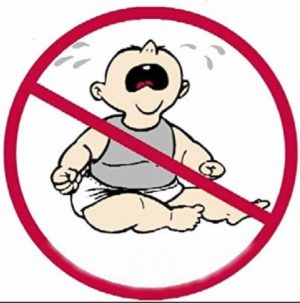
The truth is we have crybabies and villains who would keep silent when millions are displaced but will make noise when displacement suits their narrow political ambitions.
The truth is we have crybabies and villains who think freedom comes without responsibility and therefore speak of wars and spread rumors of wars.
The truth is we have crybabies and villains who are so clueless they are incapable of coming up with any creative ideas of their own.
The truth is we have crybabies and villains who expect others to make sacrifices for them so that they can enjoy the benefits.
The truth is we have crybabies and villains who want others to do the heavy lifting so that they can take credit.
The truth is we have crybabies and villains who are fair weather friends. They will vanish like the morning dew at the sign of the first challenge.
The truth is we have crybabies and villains who…
Ahhh! How Ethiopia needs true heroes and she has only one!
Every culture and society has a hero in its own image.
Back in my undergraduate days many moons ago, I read Prof. Joseph Campbell’s 1949 book, “The Hero with a Thousand Faces”. Prof. Campbell is one of my personal heroes.
Having surveyed myths and traditions of heroism in many cultures, Prof. Campbell sought to create a universal profile of the “hero”.
Prof. Campbell concluded that in most cultures a hero/heroine does not fall from the sky but becomes one after going on a “journey”. That journey takes the hero/heroine from the ordinary world into a supernatural adventure where the hero/heroine faces extreme hardship, perils and challenges and eventually emerges victorious. The hero/heroine finally returns to mankind to bestow his boon.
There is much those who want to be Ethiopian heroes and sheros can learn from Campbell’s “monomyth” (hero’s journey).
To become a hero, one must take a long day’s journey into the night of the unknown, the unfamiliar and the perilous. The hero must be prepared to stand alone and apart from the herd, not fear condemnation or seek praise. “It is easy to stand with the crowd. It takes courage to stand alone.”
Campbell points out that coming through such struggles enables the hero/shero to develop a vision of greatness and a life of courage and fortitude.
Heroes and Zeroes
In June 2009, I wrote a commentary entitled, “Hero v. Zero”.
It was a defense of my shero Birtukan Midekssa.
The analysis focused on the doublethink, doublespeak, zerothink, zerospeak and the zero sum games of the late leader of the former regime in Ethiopia.
I concluded, “Truth be told, even in a zero sum game, zero plus zeros equal to zero, not hero!”
All of the crybabies and villains will not amount to a single hero.
But truth be told there is one true hero in Ethiopia.
In less than a year, that hero has emptied Ethiopia’s prisons of all political prisoners.
He ushered in an era of unfettered democratic freedoms.
He invited opposition political parties and urged to come together and help transform Ethiopia into a multiparty democracy.
He brought peace and stability in the Horn region.
He brought peace and reconciliation among faith leaders.
He secured the release of prisoners in the Middle East.
I could go on and on.
But the Financial Times, a British newspaper founded in 1888, best described our Ethiopian hero:
Abi Ahmed has overseen the swiftest political liberalisation in Ethiopia’s more than 2,000-year history.
That is the hero all of us wannabe heroes, sheros, imposters, crybabies and villains should emulate and support!



